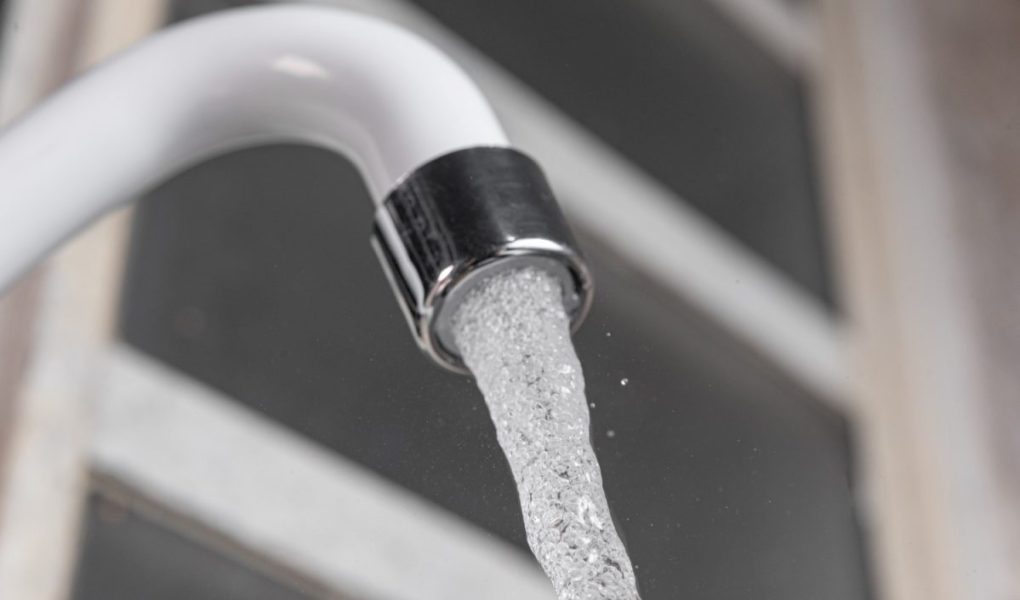In industries where high pressure is unavoidable, such as oil, gas, manufacturing, chemical, and water treatment industries, sealing and connecting flanges efficiently cannot be just an option; it is a compulsion as it poses a question of safety and durability. Now and then, a single event on a pressurized system may lead to significant risks to life, property, or expensive equipment or increased production loss. That is why the tools, right, particularly tapping tools, are necessary in preparation for threaded connections. Among these, pipe taps have become a go-to solution for threading components in high-pressure environments.
1. Designed for Leak-Tight Threading
A key advantage of pipe taps is their ability to create tapered threads that provide a tight, pressure-resistant seal. In comparison to the straight threads, which only depended on the gaskets or thread lockers to keep them secure, the tapered threads become deeper as the pipe is screwed in. This geometry also improves contact at the metal-metal mating interface since it seals gases or fluids touring under pressure. The threads created by pipe taps support mechanical strength and hydraulic integrity.
2. Compatible with High-Pressure Fittings
When you’re working with fittings and valves that are rated for high pressure, it’s essential to match them with threads that can hold up under stress. Pipe taps make cutting threads that fit tightly with high-pressure fittings easy, reducing the risk of blowouts, leaks, or thread stripping. This compatibility is essential in applications such as hydraulic power units, steam lines, and pneumatic equipment, where failure cannot be afforded. These taps guarantee that every element goes well into the fitting to retain the structural configuration of the parts.
3. Supports Safety Compliance and Industry Standards
High-pressure systems are found in several industries, and most of them are under high-pressure safety and regulations. Tapered threads cut by pipe taps are typically part of these approved standards because they provide the kind of reliable sealing necessary for safe operation. The correct type of tap tool also ensures that project compliance needs are met so that projects can pass inspections, there are no fines, costly redoing, or, worse, failure.
4. Durable Under Extreme Conditions
High-pressure service often renders the application severe, and since pressure fluctuation is most probable, it is usually accompanied by extreme temperatures and sometimes may be exposed to corrosive content. The threads formed by pipe taps are mechanically sound and capable of withstanding these harsh conditions. Thus, there is a reduced risk of such threads coming loose or eventually degrading with application compared to straight threads. This minimizes the maintenance needs, resulting in maximum system availability and reliability, which is essential in time-sensitive manufacturing processes.
5. Efficient Seal Formation with Thread Compounds
One of the other advantages is that tapered threads are compatible with thread-sealing compounds and tapes. When pipe taps are used to cut threads, they create the ideal profile for sealants to fill any micro-gaps between the threads. This further protects from leakage, especially in those systems that transport dangerous or pressurized fluids. In the case of the PTFE tape or the anaerobic sealant, the tapered feature of the substance allows the sealing compound to function as it should.
6. Reduced Risk of Thread Failure
In high-pressure situations, thread failure due to poor engagement/ordination is a conspicuous risk often overlooked. As pipe taps are designed to create gradually tightening threads, the connection between the tools is more secure. This makes them less vulnerable to forms of wear, such as thread stripping or galling, which are caused by torque or pressure cycles. It results in a threaded connection that is safe and more durable, which helps prevent frequent breakdowns and the need for repairs.
7. Versatility Across Materials
High-pressure systems are not restricted to steel or metal pipelines. Such equipment can contain cast iron, brass, aluminum, or even reinforced plastic working parts. Pipe taps are manufactured in various materials and coatings to handle different workpiece compositions. Versatility allows technicians and engineers to produce standard tapered threads in every material applied in a pressurized environment. Specialized pipe taps are also available for harder alloys and heat-resistant metals, ensuring durability and precision under challenging machining conditions.
Conclusion
The benefits of using pipe taps in high-pressure applications are substantial. From forming tight and non-leakage threads to conforming to standard specifications and requirements of any given system, these tools cannot be deemed redundant in any safe, accurate, and effective working environment. As the demand for reliable high-pressure systems grows across industries, the role of pipetaps becomes even more vital. Whether building a complex hydraulic circuit or installing a pressurized steam line, choosing the right tap is a small decision that can make a big difference.




